It’s Okay to Make Money

If you get my newsletter, you’ll know that this month I’m focusing on breaking down some barriers that often prevent people from striking out on their solopreneurial adventures. I decided to tackle one of the most common stumbling blocks first; the belief that you don’t deserve to make money. There are many iterations of this belief. Maybe it’s not that you don’t deserve to make money doing what you want to do, but that it will be very challenging. Or maybe it’s that you need to do something more serious instead of following your creative pursuit. If any of these statements resonate with you, you probably have some limiting beliefs around how you can make money.
Not without reason, of course! Our society puts enormous emphasis on the corporate world, tech business, and STEM education. It’s no wonder that more creative pursuits and anything else that falls outside that realm is relegated to a list of jobs that won’t make you money. These messages get transmitted to us over and over starting in childhood – so of course our beliefs around how we can make money are biased.
Let’s go out on a limb and start imagining some ways you could make money from your passion. Get creative about the possibilities. What are some ideas you have? Once you open your mind, the ideas may start to flow freely. Making a list of all these ideas can get you going.
 Actioning and monetizing any of these ideas will take follow through, learning, and plenty of time and resources. My real point here is that there are many ways you can make money doing your creative pursuit. So it’s time for us to throw away the idea that you can’t/won’t/shouldn’t make money that way. I want to encourage you and give you permission to make money the way you want – whether it’s through your creative pursuits, or another idea that makes you want to strike out on your own.
Actioning and monetizing any of these ideas will take follow through, learning, and plenty of time and resources. My real point here is that there are many ways you can make money doing your creative pursuit. So it’s time for us to throw away the idea that you can’t/won’t/shouldn’t make money that way. I want to encourage you and give you permission to make money the way you want – whether it’s through your creative pursuits, or another idea that makes you want to strike out on your own.
Removing this barrier of belief is probably one of the most important things we can tackle, before we get into the nitty-gritty. For more on this subject, I recommend my articles “Artists Define Their Own Business Success” and “Artistry and Solopreneurship Can Coexist.”
And if you’re interested in getting into the details and figuring out how you can make the most out of the money you make, check out my Services page and schedule a call!
☮
Angela
Image Source: Paweł Czerwiński


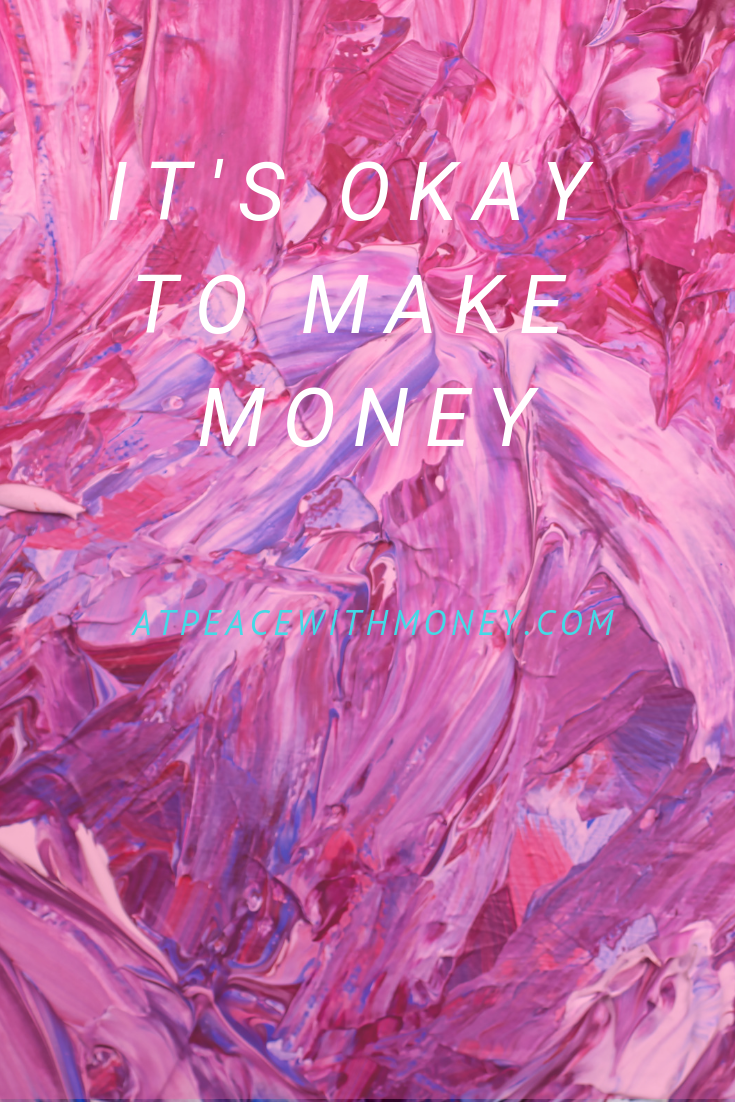

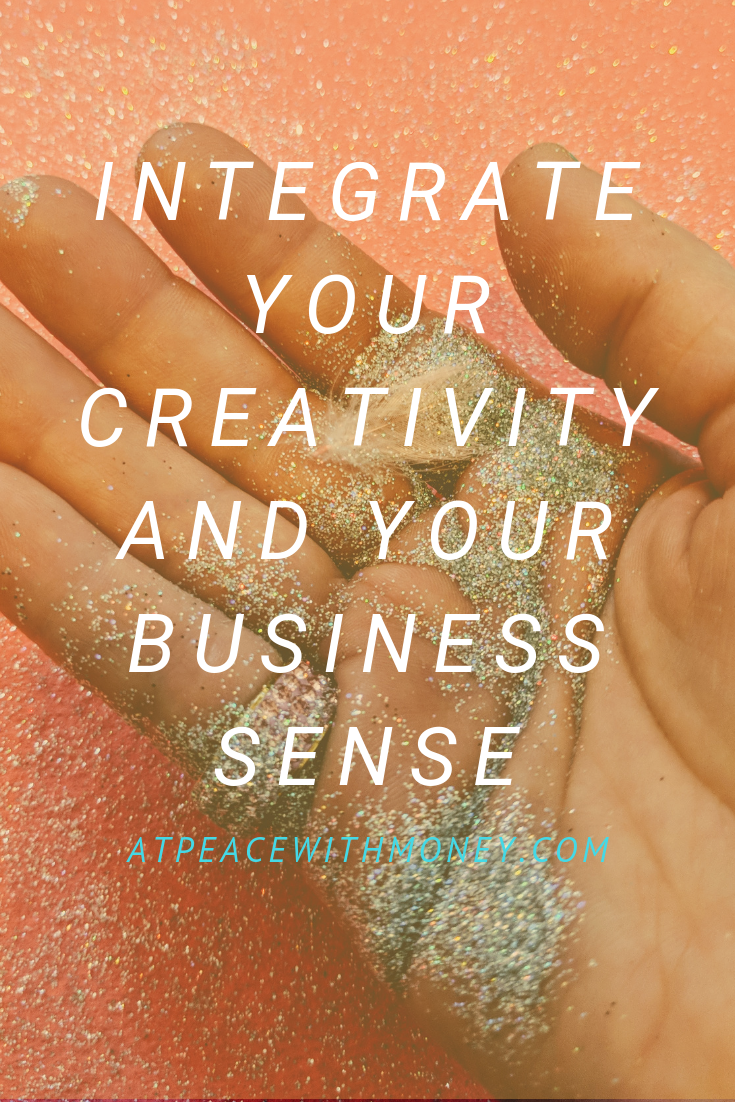

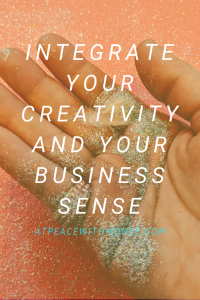 Instead of separating your business-owner side from your creative side, let the two aspects inform each other. Think of ways to engage your creative side while looking at numbers. Try putting on music, or get the wiggles out beforehand by dancing. If you’re a visual person, record or track your finances using a bullet journal full of doodles, color-coding, and stickers. Create a
Instead of separating your business-owner side from your creative side, let the two aspects inform each other. Think of ways to engage your creative side while looking at numbers. Try putting on music, or get the wiggles out beforehand by dancing. If you’re a visual person, record or track your finances using a bullet journal full of doodles, color-coding, and stickers. Create a 

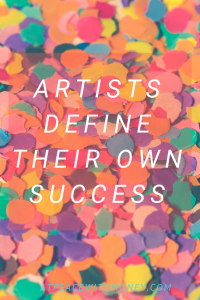 Overall, Megan stressed the importance of understanding what you really want from your business and your life, and structuring it to include more of what you want. Whether this is more time in the studio, more time with your family, or less time spent on certain tasks, automation helps creatives focus on the work they really want to be doing. I have written a little bit about how
Overall, Megan stressed the importance of understanding what you really want from your business and your life, and structuring it to include more of what you want. Whether this is more time in the studio, more time with your family, or less time spent on certain tasks, automation helps creatives focus on the work they really want to be doing. I have written a little bit about how 
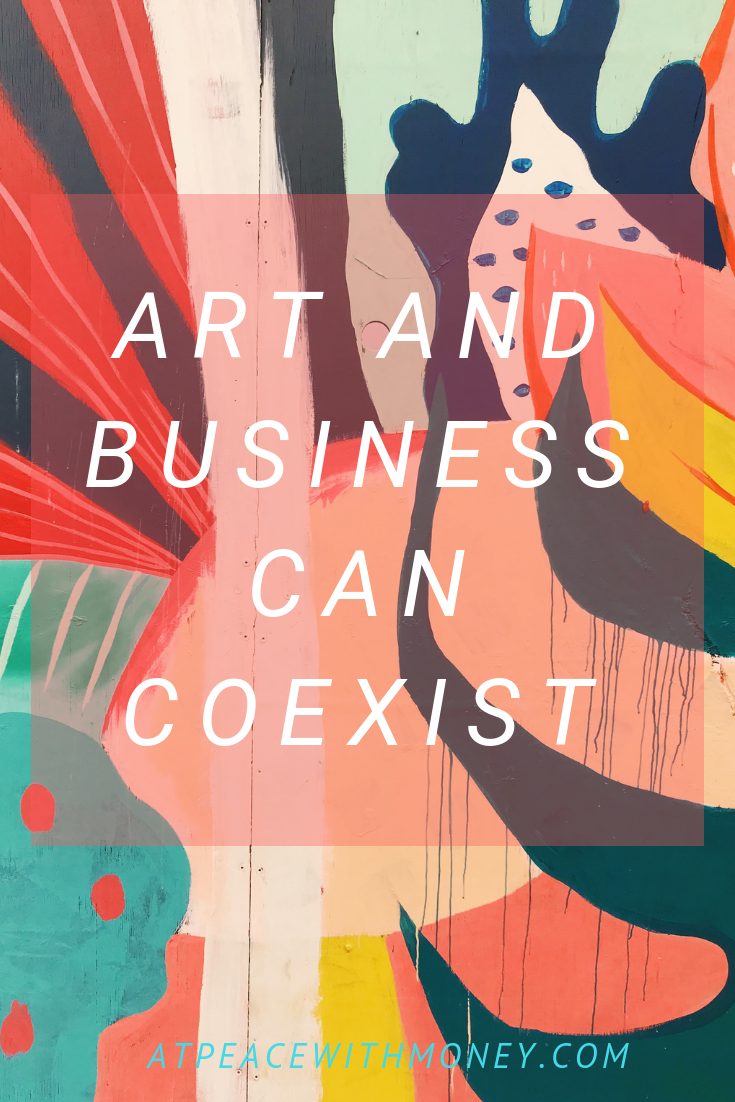

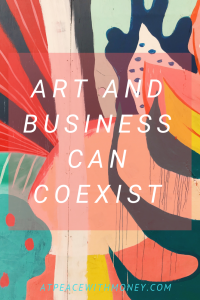 I really enjoyed speaking with Megan because our goals are very similar; we both want creative solopreneurs to have profitable businesses that allow them to spend time doing what they most want to do. Whether it’s their creative work or other pursuits, all of those things take financial security. Business success is within reach, even, and especially if you run a creative business. I encourage you to watch the full interview here and check out Megan’s resources,
I really enjoyed speaking with Megan because our goals are very similar; we both want creative solopreneurs to have profitable businesses that allow them to spend time doing what they most want to do. Whether it’s their creative work or other pursuits, all of those things take financial security. Business success is within reach, even, and especially if you run a creative business. I encourage you to watch the full interview here and check out Megan’s resources,